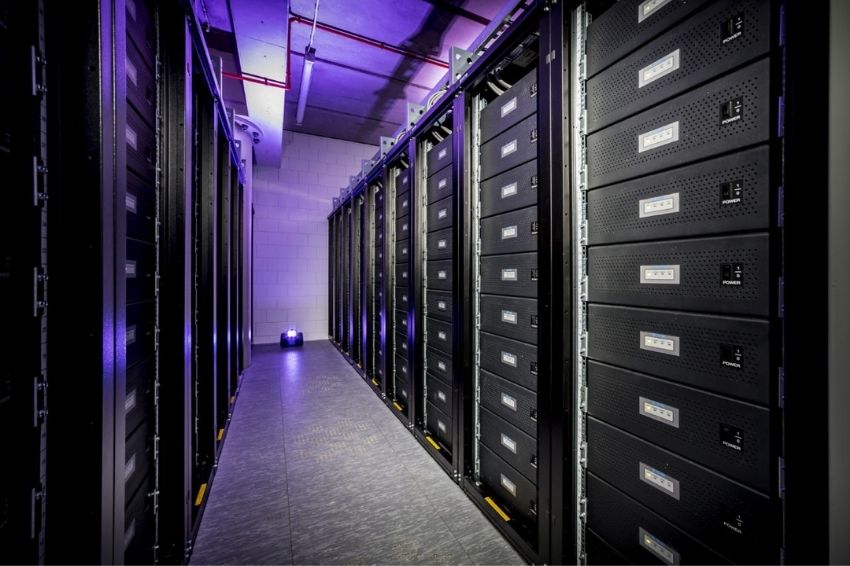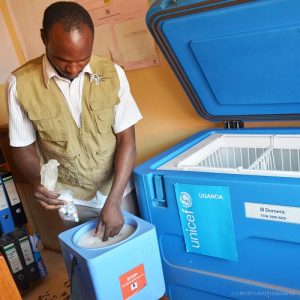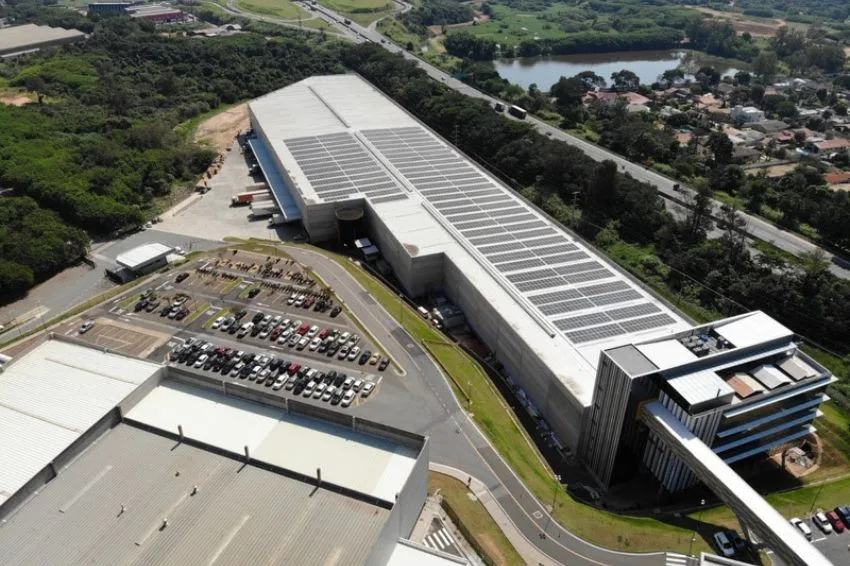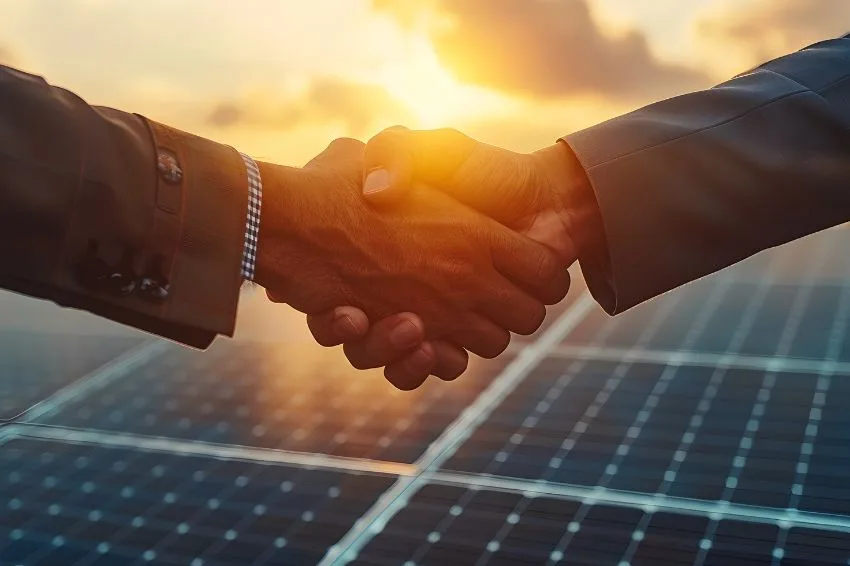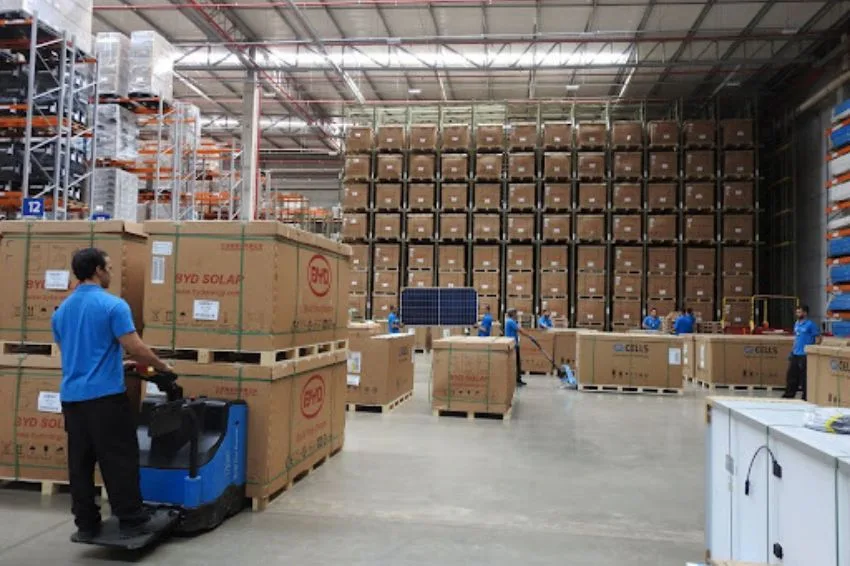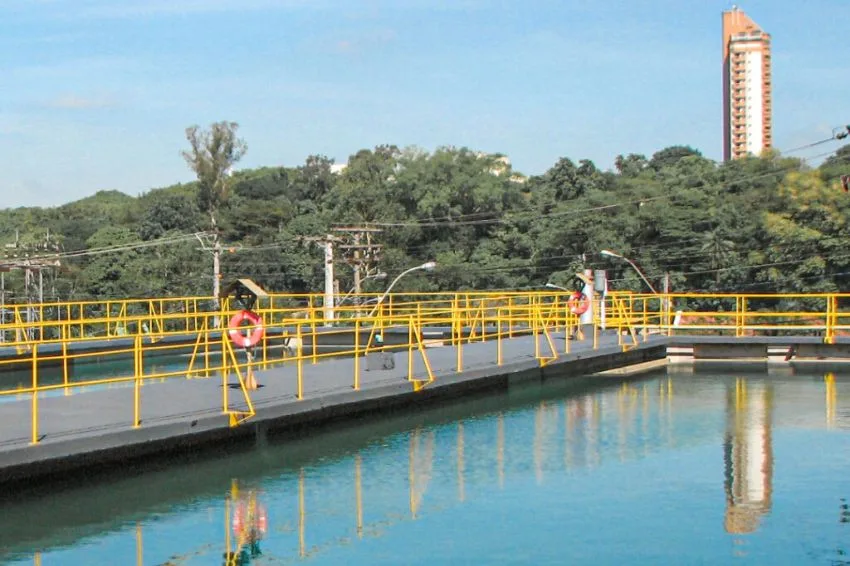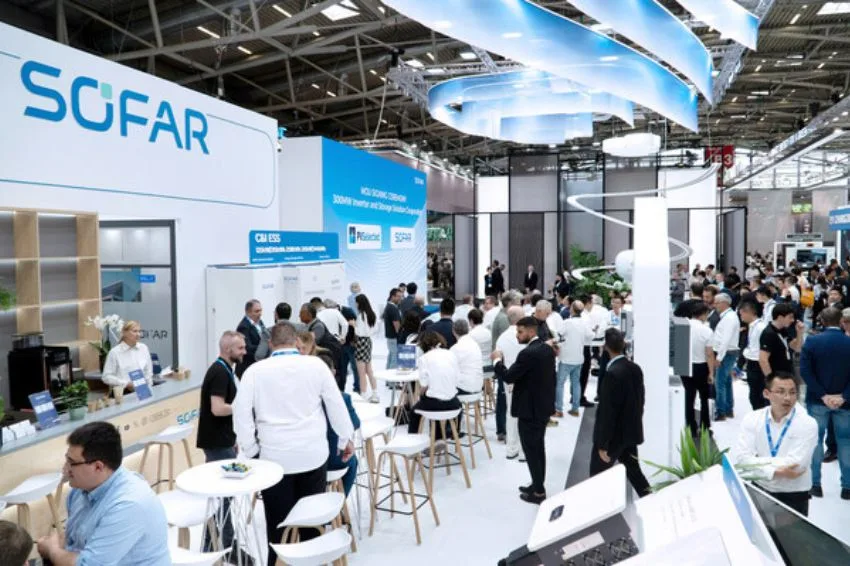At the end of January, more than 800 doses of vaccines against Covid-19 were left without adequate refrigeration for hours in the cities of Rio de Janeiro and São Paulo. The reason was that the places where they were stored had power outages.
In an interview with Solar Channel, experts from the electricity sector stated that this type of occurrence could have been avoided if the use of batteries had been used.
“In places with unstable electrical networks or places not reached by electrical networks, battery storage systems should be mandatory for the preservation of sensitive products, such as vaccines and other types of high-cost or difficult-to-access medicines”, highlighted Marcelo Gradella Villalva, professor of electrical engineering at Unicamp and specialist in photovoltaic systems.
“Electrical energy storage technology is already widely available on the market and can also be associated with photovoltaic systems. This combination of solar energy with batteries is perfect, as it allows to reduce the cost of battery banks, which can be reduced in size and still offer stable energy for backup for long-term use or for continuous use in off-grid form”, added the specialist.
For Adalberto Maluf, president of ABVE (Brazilian Electric Vehicle Association) and director of Marketing and Sustainability at BYD do Brasil, the Brazilian electricity sector still has major challenges in relation to the energy storage system.
“First, there is the lack of regulation regarding inverters. There is still no INMETRO regulation or approval for the use of hybrid inverters. This means that the vast majority of storage projects in Brazil are off-grid projects”, stated Maluf.
Although there are still impediments to the application of battery systems becoming common in Brazil, Maluf comments that, according to Wood Mackenzie's projection, this year a growth of 50% in energy storage systems (ESS) with lithium batteries is expected, going from 9.4 GWh to 14.4 GWh.
“This process is increasingly enabling the use of lithium batteries also for energy backup systems, as ESS can be used during peak hours (to save energy) and serve as a backup with greater autonomy and useful life. than similar ones with lead acid batteries”, stated the director.
Solar refrigerators in African communities
UNICEF (United Nations Children's Fund), in partnership with Gavi Covax AMC, is investing in the purchase and installation of refrigerators that run on photovoltaic solar energy for low-income countries on the African continent.
The objective is to use these refrigerators to store vaccines against Covid-19 safely, as they need to be kept at pre-determined temperatures so that they do not lose their effectiveness.
The CoronaVac vaccine, developed by the Chinese Sinovac, and the AstraZeneca vaccine, developed by Oxford College, need to be kept in a refrigerated environment, at a temperature of 2 °C to 8 °C.
“We are dealing with the challenge of delivering Covid-19 vaccines to major cities, but also to extremely remote villages. We are preparing for all scenarios”, says Jean-Cedric Meeus, head of UNICEF Supply for the region.
The organization works in child immunization in underdeveloped countries such as those in sub-Saharan Africa. “When the first signs of the pandemic began, we started to mobilize and prepare because we knew we would be playing some kind of role,” says Michelle Seidel, a UNICEF specialist.


